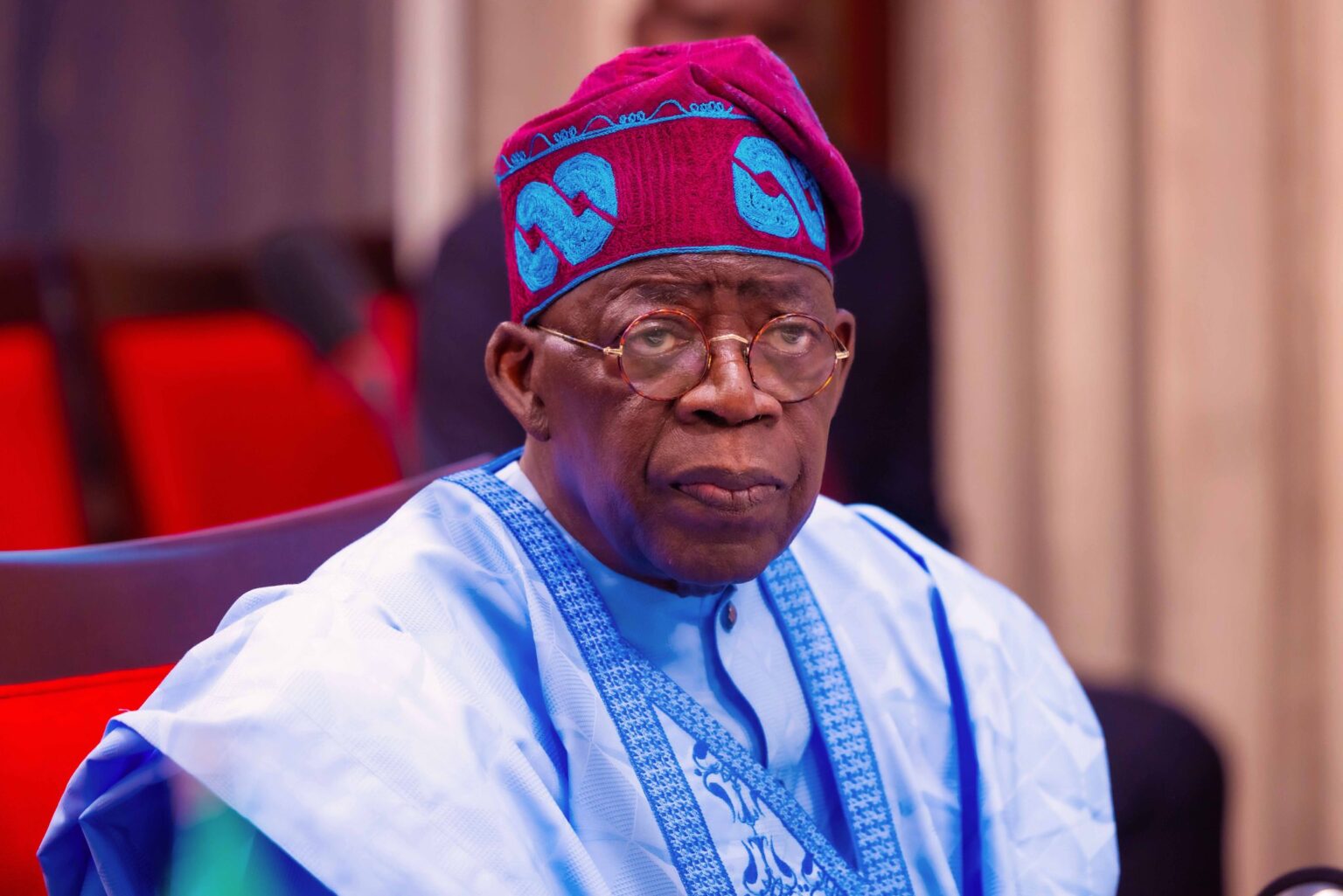By Atoyebi Nike
President Bola Ahmed Tinubu has defended his administration’s decision to remove fuel subsidies, describing it as a painful but necessary move that is now enabling the government to invest in critical infrastructure, expand social safety nets, and implement targeted economic reforms.
Speaking Monday at the opening of the National Conference on Public Accounts and Fiscal Governance in Abuja organized by the Public Accounts Committees of the National Assembly Tinubu, represented by Minister of State for Finance, Dr. Doris Uzoka-Anite, said the N4 trillion spent on fuel subsidies in 2022 alone exceeded the country’s capital expenditure and largely benefited the wealthy.
“A subsidy that disproportionately benefited the affluent, encouraged smuggling, and bred inefficiency was neither equitable nor strategic,” the president stated.
He added that since the policy’s removal, the funds have been redirected to priority sectors, including public transport and infrastructure, while also strengthening Nigeria’s fiscal resilience against external shocks.
Lawmakers Demand Accountability
Senate President Godswill Akpabio, represented by Senator Abdul Ningi, and House Speaker Tajudeen Abbas, both stressed the need for strict legislative oversight to ensure public resources are used responsibly. Abbas revealed that over ₦300 billion in public funds flagged by federal audit reports remain unrecovered.
“We have called for mandatory compliance with audit recommendations and penalties for infractions to end the culture of impunity among government agencies,” Abbas said.
Chairmen of the Senate and House Public Accounts Committees, Ahmed Wadada and Bamidele Salam, urged public officials to embrace fiscal discipline and value-for-money governance.
“Making public funds work for public good must be a practical, not rhetorical, commitment,” Salam declared.
Tinubu’s Fiscal Policies Called ‘Transformative’
In a related development, the Independent Media and Policy Initiatives (IMPI) hailed Tinubu’s recent signing of four tax acts as “a generation-defining reform”. The laws include the Nigeria Tax (Fair Taxation) Act, Nigeria Tax Administration Act, Nigeria Revenue Service (Establishment) Act, and the Joint Revenue Board (Establishment) Act.
According to IMPI Chairman, Dr. Omoniyi Akinsiju, these reforms simplify Nigeria’s complex tax regime and align with global standards, offering tax reliefs to low-income earners and small businesses while promoting voluntary compliance.
“The tax reforms, combined with subsidy removal and FX harmonization, mark the foundation of a genuine economic renaissance,” he said.
CBN Dispels Misconceptions Over Diaspora BVN Charges
Also on Monday, the Central Bank of Nigeria (CBN) clarified that its new Non-Resident Bank Verification Number (NRBVN) platform for Nigerians abroad comes with a $50 processing fee, not a hidden or new charge.
CBN spokesperson Hakama Sidi Ali explained that the fee, a reduction from the previous $200, merely covers biometric verification and secure data processing. She confirmed that BVN registration within Nigeria remains free.
The NRBVN, developed in collaboration with the Nigeria Inter-Bank Settlement System (NIBSS), enables diaspora Nigerians to remotely register for BVNs, a move aligned with the apex bank’s digital financial inclusion strategy.
“This platform enhances financial access for our global citizens while ensuring integrity in the financial system,” Sidi Ali said.
As Nigeria navigates complex fiscal and economic terrain, the Tinubu administration is banking on tough reforms, enhanced legislative scrutiny, and a simplified tax regime to rebuild trust, boost revenue, and steer the nation towards sustainable, inclusive growth.


